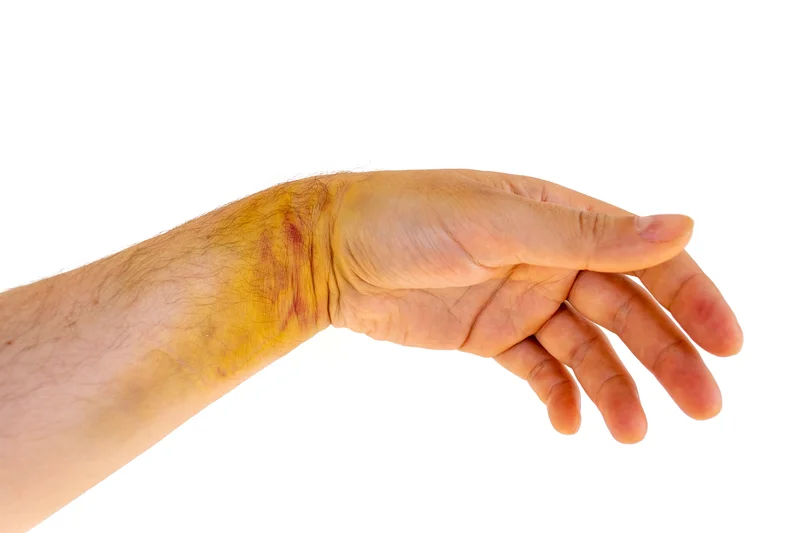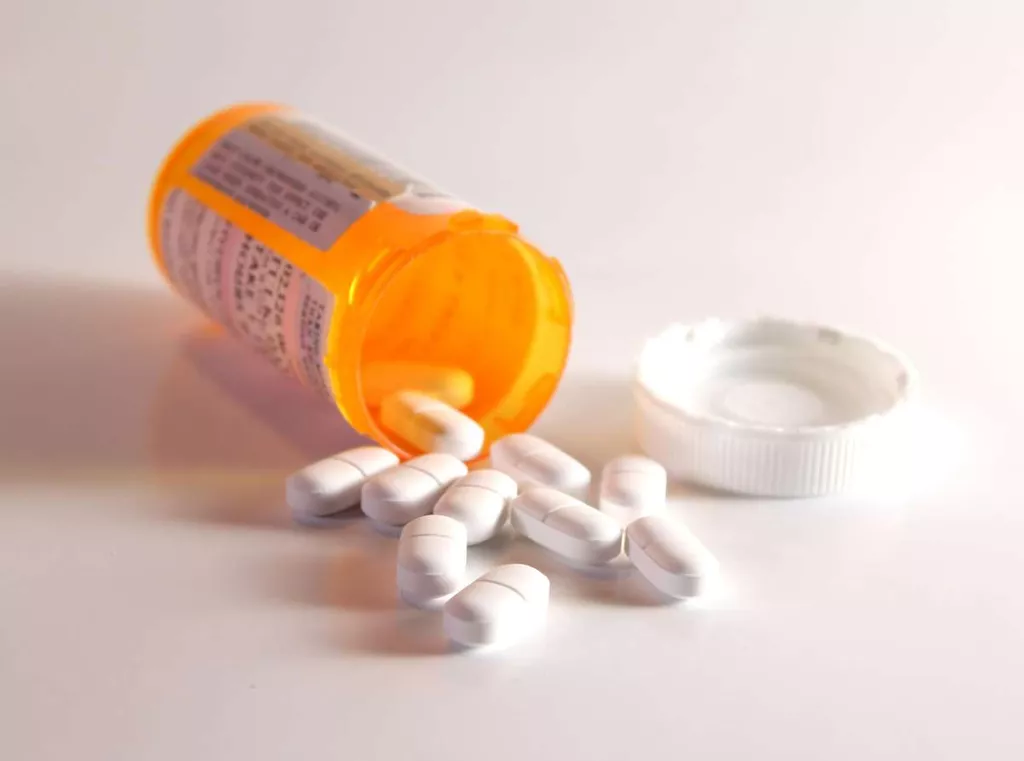
Whether it is 3 AM or 3 PM, you can start your recovery journey by reaching out to our rehab in the Nashville area. Working closely with a sponsor or a licensed medical professional can help manage these feelings. Anxiety, in particular, can be draining and counterproductive, as it shifts focus to future uncertainties, making it difficult to maintain a sense of peace and happiness.
What Causes Dry Drunk Syndrome?

Maybe you get defensive, shut down, or react in ways that make it hard for others to get close. During recovery, it’s common to fall into a cycle of negativity, often overlooking the positive aspects already present. It’s crucial to identify any underlying issues, such as anger, resentment, or unmet expectations, and address them.
Greater Boston Addiction Centers

Dry Drunk Syndrome can bring back a pessimistic outlook, making it difficult to see the positive aspects of your recovery journey. Finding constructive ways to cope with stress and emotional pain is critical. Consider exploring activities such as exercise, art, music, or volunteering.
What to Know About Dry Drunk Syndrome
AA members coined it2 as a non-negotiable stage of alcohol recovery. Later, psychiatrists and addiction specialists added their own twists to the definition, but generally agreed it’s part of recovery as a whole. People who exhibit symptoms of this illness are sometimes mistakenly believed to be about to relapse and start drinking again. Instead, the following symptoms can develop slowly over time, especially during the first year of recovery.
- According to this definition, even if a person abstains from drinking, the signs of “dry drunk syndrome” and being a dry alcoholic may still be considered a relapse.
- Consult with a healthcare professional about a personalized treatment plan.
- In cases where dry drunk syndrome intertwines with other mental health disorders, a comprehensive psychiatric evaluation can pinpoint the challenges.
- It’s not just about abstaining from substances but also addressing the deep-seated emotional and psychological challenges that fuel addiction.
Recovery is Possible with Effort, Commitment, & Support
Building a Support Network of friends, family, and others in recovery can provide the emotional backing and motivation needed to sustain your recovery. Support groups and recovery programs offer a sense of community and understanding that is often essential for long-term sobriety. Connection with others who understand your journey can provide encouragement, understanding, and a sense of belonging. Whether it’s through support groups, sober communities, or with the help of family and friends, nurturing these relationships offers a safety net during tough times. Moreover, therapy isn’t just about talking; it’s about transformation.
The dry drunk syndrome is characterized by unresolved sentiments of frustration and bitterness. You may be unhappy or annoyed about previous blunders or how things are right now. This fury can occasionally be directed towards others, such as family members, coworkers, or life in general. Or, you could be holding onto resentment toward yourself for the things you’ve done in the past. Alcoholics Anonymous (AA) is a fellowship of individuals who get together to help one another with their drinking problems.
- It won’t always be simple, and progress may seem slow at times, but the key thing is to keep going no matter what.
- Dry drunk syndrome is a term that AA developed to describe a person who no longer drinks alcohol but experiences the same issues or acts in the same way as when they were drinking.
- Make sure you’re prioritizing your own self-care throughout their recovery process.
- Having these coping strategies ready makes tough situations easier.
Addiction is often a symptom of deeper emotional or psychological issues. If these underlying issues haven’t been addressed in therapy or support groups, they can continue to fuel negative emotions and unhealthy behaviors. But before we dive in, let’s what are the signs of a dry drunk revisit the true essence of recovery. It’s about completely transforming your relationship with yourself and the world around you. It’s about confronting the underlying emotional issues that may have fueled your addiction, developing healthy coping mechanisms, and building a life filled with purpose and connection. Many of our patients mistakenly believed that quitting drinking is the end of their problems.
We Accept Most Insurance Providers

Having taken courses on social work, Geoffrey is adamant about providing valuable and educational information to individuals affected by mental health and the disease of addiction. Like many other aspects of life, recovery is a process rather than an end goal. You must understand that being sober differs from being in recovery. It is entirely possible to remain sober while still being a mental mess that needs professional care.
How to support a loved one experiencing these symptoms

Maintain your focus on progress, even if it means taking one step at a time. This type of reflection helps you understand what drives your thoughts and actions. It makes it easier to develop healthier and more positive ways of thinking and reacting. On top of that, it’s hard to build trust with others when you’re still holding on to past anger or hurt. The emotional walls you have built can create distance between you and those who care about you. They may even refuse to accept that their addiction was a severe problem in the first place.
- Addiction often ingrains negative thought patterns and behaviors.
- Journaling or discussing your feelings with a therapist or support group can help you find emotional support.
- Not everyone needs professional alcohol addiction treatment, especially if their addiction isn’t severe.
- Researched, fact-checked and transparent articles and guides that offer addiction and mental health insight from experts and treatment professionals.
- Quitting alcohol does not automatically solve the emotional and behavioral problems that may have led to the addiction.
- If you wish to contact a specific rehab facility then find a specific rehab facility using our treatment locator page or visit SAMHSA.gov.
- This adjustment period can last a couple of weeks or as long as several years.
- If you or a family member is suffering from dry drunk syndrome or any substance use disorder, help is available.
- You might need to seek help from a 12-step program or support group.
- Keep in mind that relapses are a normal, common part of recovery.
If your loved one behaves in toxic or aggressive ways, it’s best to talk this over with a therapist and develop a plan to keep yourself safe. All of this can be frustrating if you have a loved one in recovery. You might even feel like they’re taking a step backward, not forward. But remember that this phase is a fairly normal part of recovery, and it won’t last forever. It’s equally important to explore the habits marijuana addiction and reasons behind your drinking, ideally with a qualified therapist. “Treatment should focus on understanding and treating why someone turned to alcohol,” Turner says.
